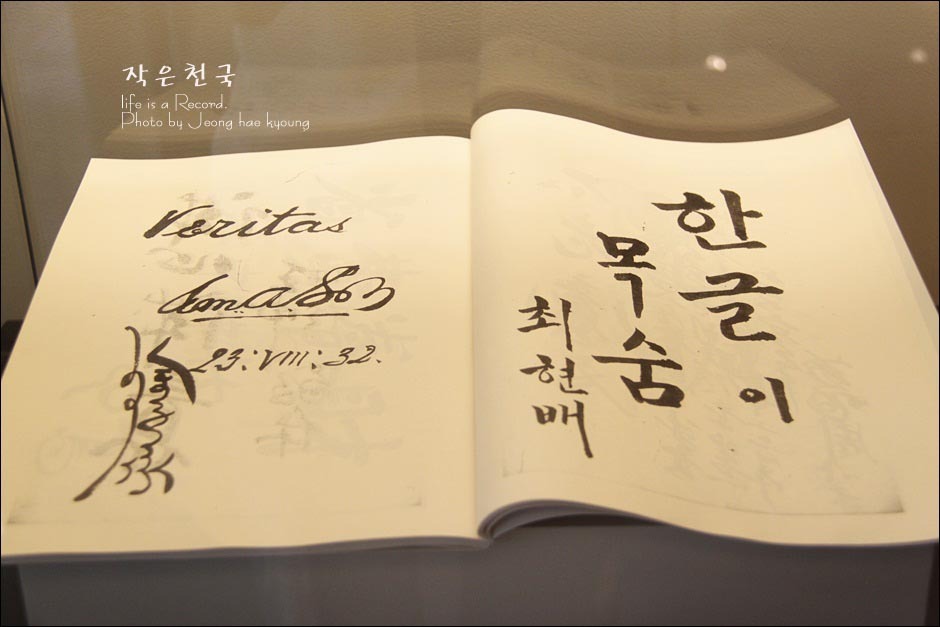Why do we talk differently to babies? Baby talk, also called motherese, parentese and infant-directed speech, is an almost universal behaviour where adults will talk in a special way with very young children. It is characterised by sing-songy, high-pitched voices and the use of simplified words with slow, accentuated vowels. It is seen across various cultures and languages across the globe, with some studies showing that babies show preference to baby talk over “adult talk” from as young as 7 weeks old.
As instinctive and silly as it may sound, baby talk actually serves many important purposes. Language acquisition is a complex developmental process. Language is not something we are born with, but something we learn. Baby talk happens to be an effective tool to help teach babies how language works.
There are many features of baby talk that makes it so effective.
First, there is the tonal element. High-pitched cooing voices are comforting for babies, as they associate it with positive emotions. This contrasts to grumbling, low tones and yelling, which would upset them. The musical element also attracts their attention.
Second, by slowing your speech and lengthening the vowels, babies can identify individual words easier, amongst what would sound like a “sound soup” to them. This also gives them a chance to try to imitate you and practise speaking.
Third, by using more adjectives in front of nouns, such as “big red car” or “choo choo train”, we help babies associate objects with their names, while giving them qualities to make it more memorable. The process not only helps them build vocabulary, but trains them in the art of forming associations in their head.
Fourth, we tend to state the obvious and give more of a running commentary, filling in the gaps with more descriptions. This lets the baby know what is happening and helps them be more aware of their surroundings.
Lastly, there is the social element, where by using a special voice, we mentally switch ourselves into “baby mode”. This lets us focus our attention on the baby, while conveying that we care and love for the child.
We tend to use baby talk when talking with pets and other animals as well, but there is research to suggest that in the case of dogs, it does not make much difference other than for puppies and dogs react no differently compared to “adult talk”. It is also commonly used as part of flirtation as part of acting “cute”.
Baby talk is not something that is explicitly taught, yet most people instinctively use it when interacting with a baby. It is an example of how our desire to do best for the next generation is ingrained into us – both naturally and socially.



